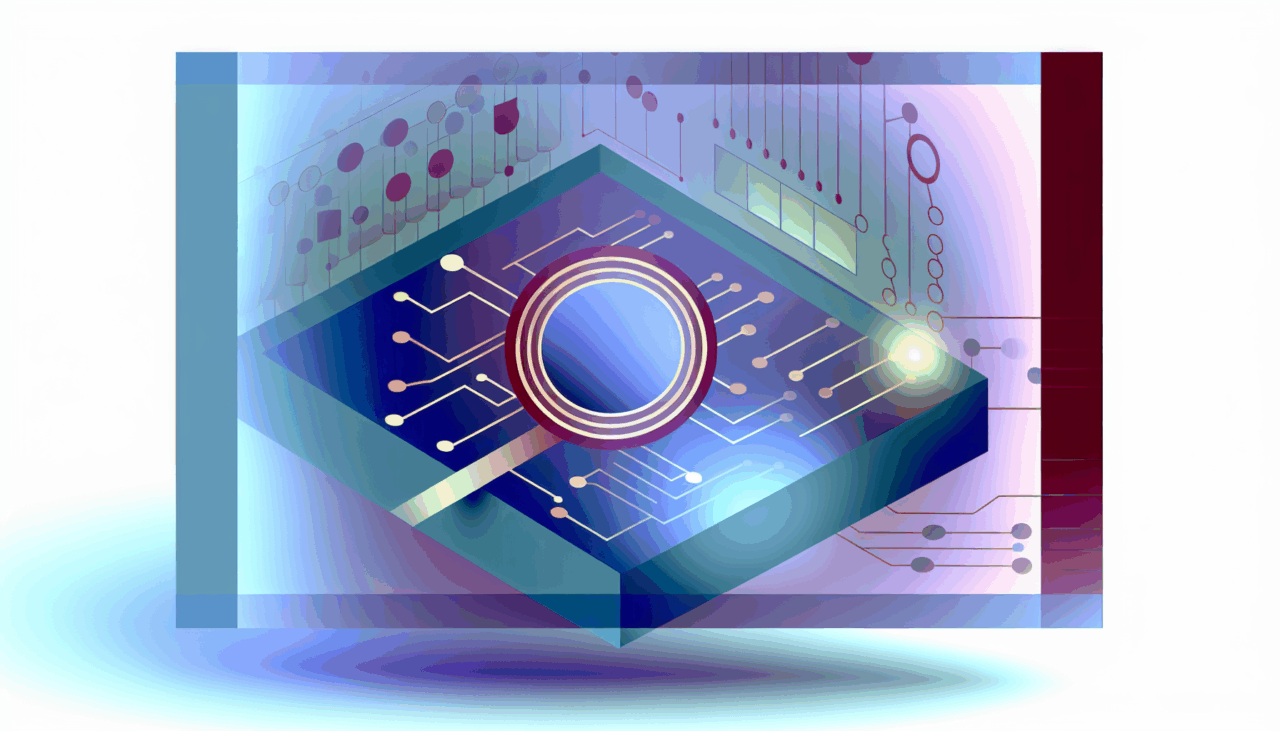Introduction to Quantum-Enhanced Sensing
The field of quantum metrology is revolutionizing the way we measure and detect signals by leveraging quantum effects to surpass the limitations of conventional sensors. Whether using a stopwatch, thermometer, or gravitational-wave detector, the sensitivity of these devices depends on distinguishing the target signal from random background noise. Enhancing sensitivity can be achieved by amplifying the signal or reducing noise. Recent advancements in quantum metrology have demonstrated that quantum correlations can significantly enhance the sensitivity of sensors, even at room temperature.
Breakthrough Studies in Quantum Sensing
Two pivotal studies published in Nature by Gao et al. and Wu et al. have reported quantum-enhanced sensitivity in solid-state systems that operate at room temperature. These studies highlight the potential of quantum correlations to improve the performance of sensors, making them more effective in various applications.
Understanding Quantum Correlations
Quantum correlations refer to the unique properties of quantum systems where particles become entangled, allowing them to share information instantaneously over any distance. This phenomenon can be harnessed to improve the precision of measurements by reducing uncertainty and noise, which are inherent in classical systems.
Applications of Quantum-Enhanced Sensors
The implications of these findings are vast, with potential applications in fields such as medical diagnostics, environmental monitoring, and fundamental physics research. Quantum-enhanced sensors could lead to more accurate and reliable measurements, enabling breakthroughs in understanding complex systems and phenomena.
Technical Insights from the Studies
The research conducted by Gao et al. and Wu et al. involved the use of nitrogen-vacancy centers in diamond, a solid-state system known for its exceptional quantum properties. By employing techniques such as spin squeezing and asymmetric many-body echo, the researchers were able to amplify signals and reduce noise, thereby enhancing the sensitivity of the sensors.
Future Directions in Quantum Sensing
The success of these studies paves the way for further exploration into quantum-enhanced sensing technologies. Future research will likely focus on optimizing these systems for practical applications and exploring new materials and methods to further improve sensor performance.
Conclusion
Quantum correlations offer a promising avenue for enhancing the sensitivity of room-temperature sensors, with significant implications for a wide range of scientific and technological fields. As research in quantum metrology continues to advance, we can expect to see more innovative applications and improvements in sensor technology, ultimately leading to more precise and accurate measurements.
🔗 **Fuente:** https://www.nature.com/articles/d41586-025-02968-y

